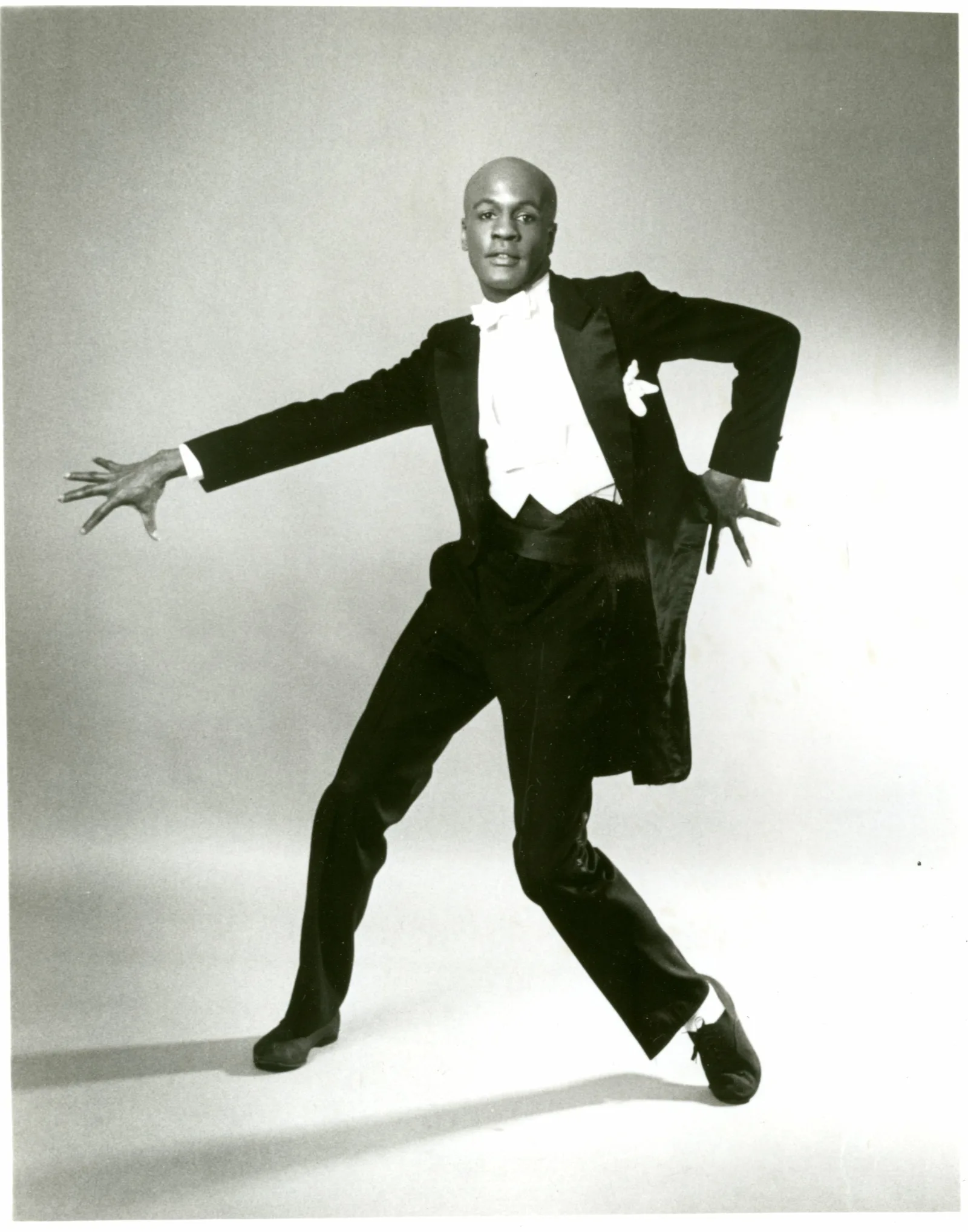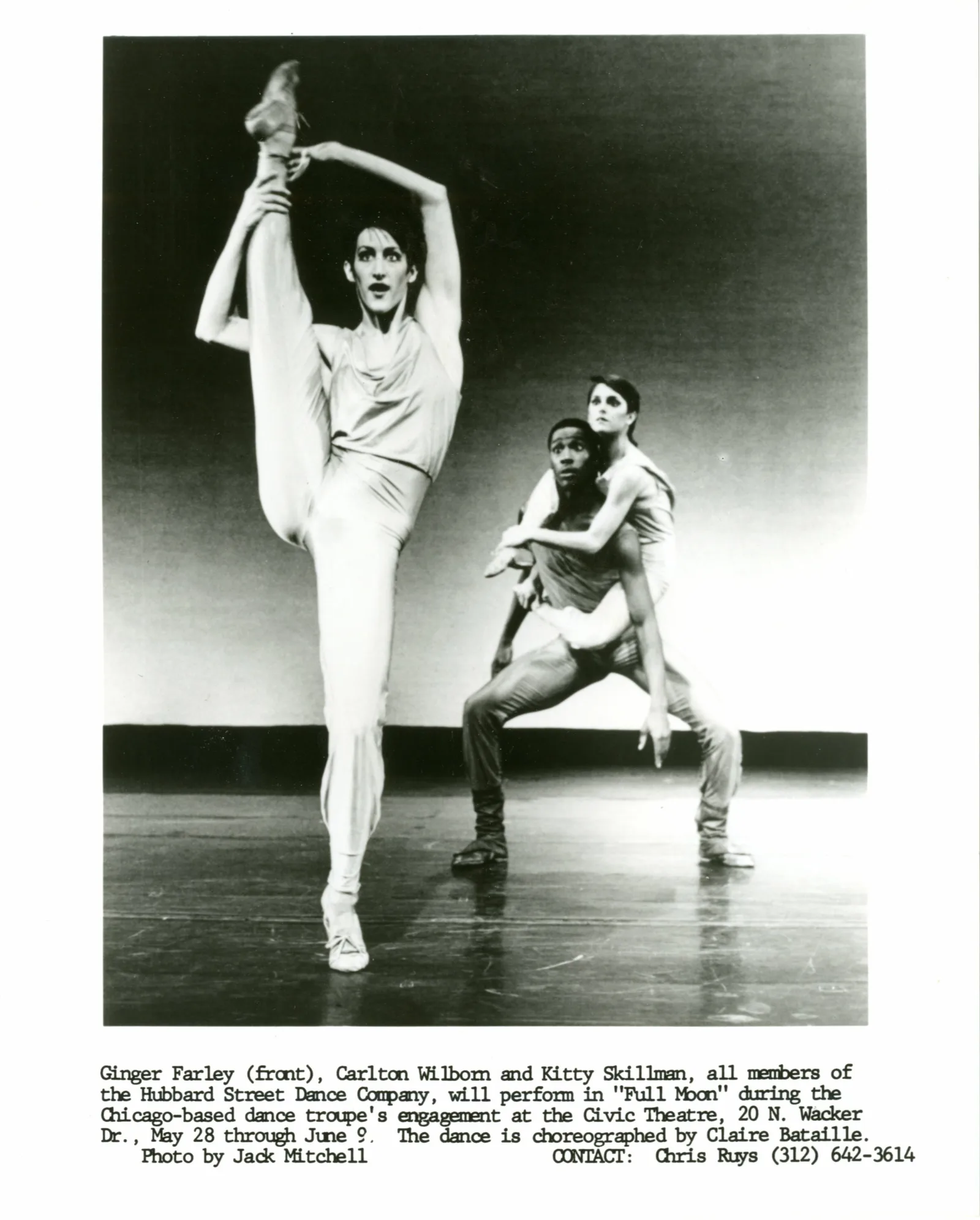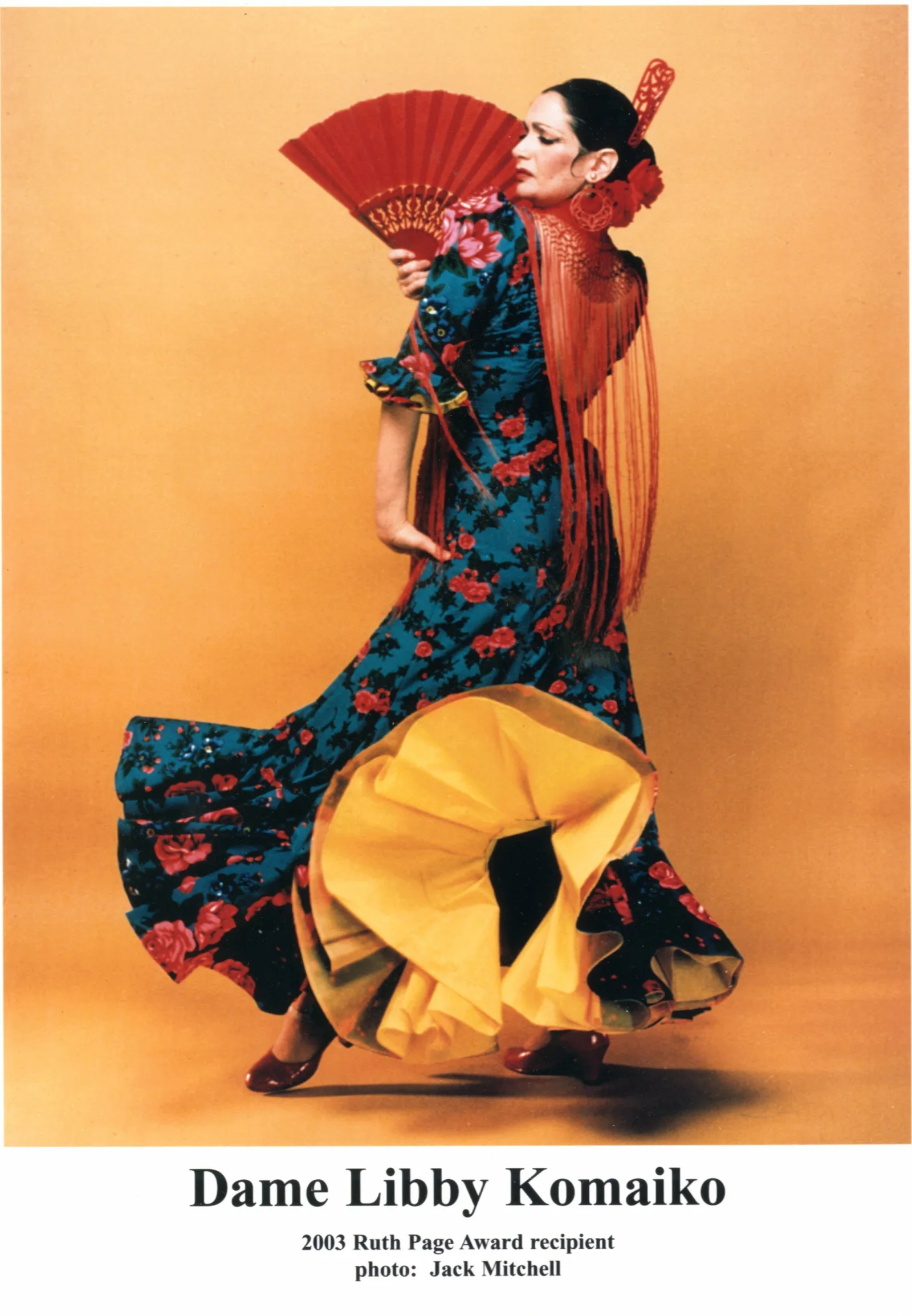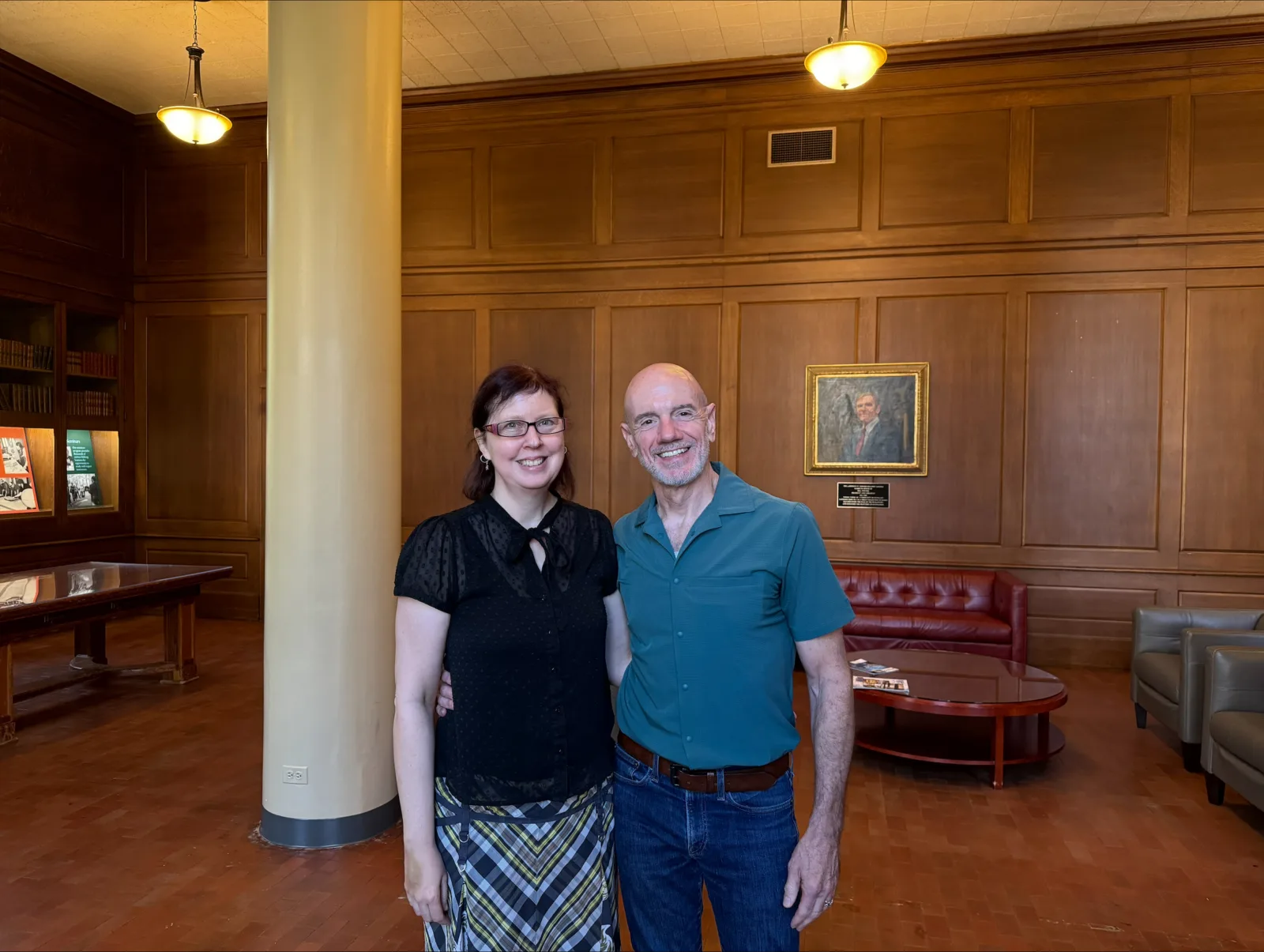The Newberry Library and Chicago Dance History Project (CDHP) are currently working to transfer CDHP’s archival materials to the Newberry’s Midwest Dance collection. The materials, comprised of nearly 100 oral history recordings, plus photographs, performance videos, and ephemera, span generations and seek to preserve the history of Chicago’s dance community.

This project marks the latest collaboration between the Newberry and CDHP. “Teaming up with Chicago Dance History Project ensures the lifespan of these interviews,” said Alison Hinderliter, the Newberry's Lloyd Lewis Curator of Modern Manuscripts and Archives. “We’re providing a safe storage place, plus digital backup, which is really what you need for primary source materials such as these.”
Footage of the oral histories alone accounts for nearly twelve terabytes of data, making this the start of a large digital migration. “The transfer of materials is a labor-intensive task,” Michael McStraw, Executive Director of CDHP, said, “but we want to do it right, do it well, to ensure the best public access as possible.” CDHP is also working to transcribe each interview, which will improve overall access across collections of text and audio/visual materials.

Alison and the Modern Manuscripts and Archives team plan to have roughly half of CDHP’s interview footage transferred to the Newberry by mid-October and will later focus on photographs, performance videos, and ephemera, as well as migration of the remaining oral history footage. The Newberry’s Digital Initiatives and Services team and the Modern Manuscripts and Archives team will then process and prepare the interviews to be made publicly available online through our Digital Collections. “Public accessibility is our main priority,” Alison said, noting that the oral histories will be considered unrestricted and, when fully processed, available for viewing online at any time, from anywhere.

This new acquisition will enhance the Newberry’s robust dance collection that chronicles the history of a storied and thriving dance community in Chicago. The oral histories will complement the archival collections of prominent Chicago dance companies like Hubbard Street Dance Chicago, Ruth Page’s Chicago Opera Ballet, Ensemble Español Spanish Dance Theater, and Joel Hall Dancers by highlighting first-person narratives from longtime members of the Chicago dance community. The addition of oral histories will be of interest to cultural historians, dance historians, dance fans, choreographers, artistic directors, and practitioners of dance looking to understand their shared history.
About the Author
Lili Pangborn is the Communications Coordinator for the Newberry.
